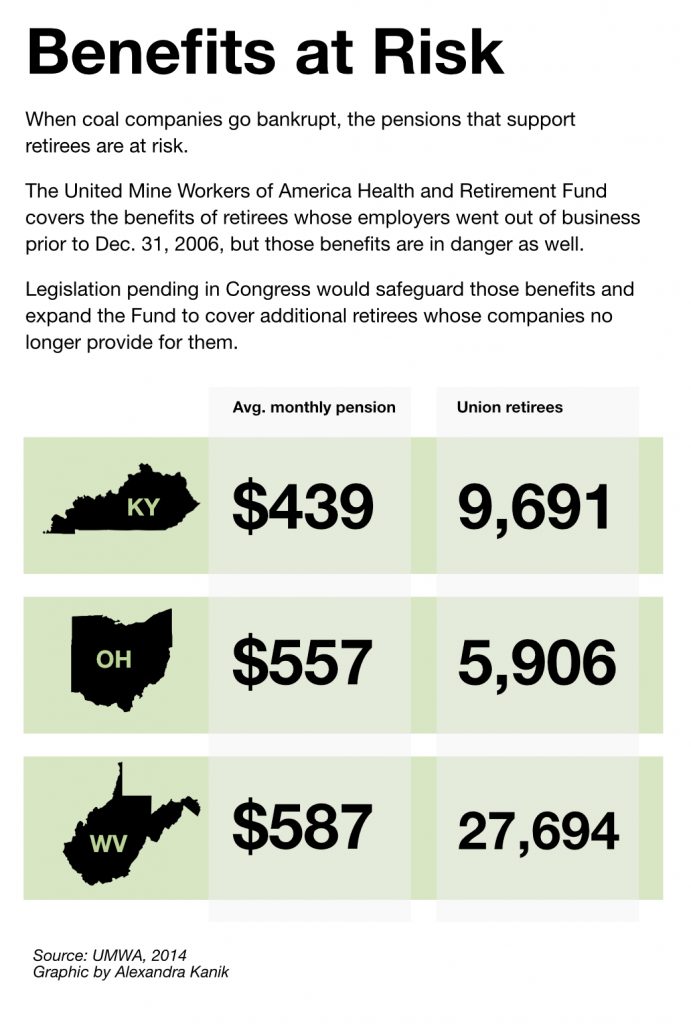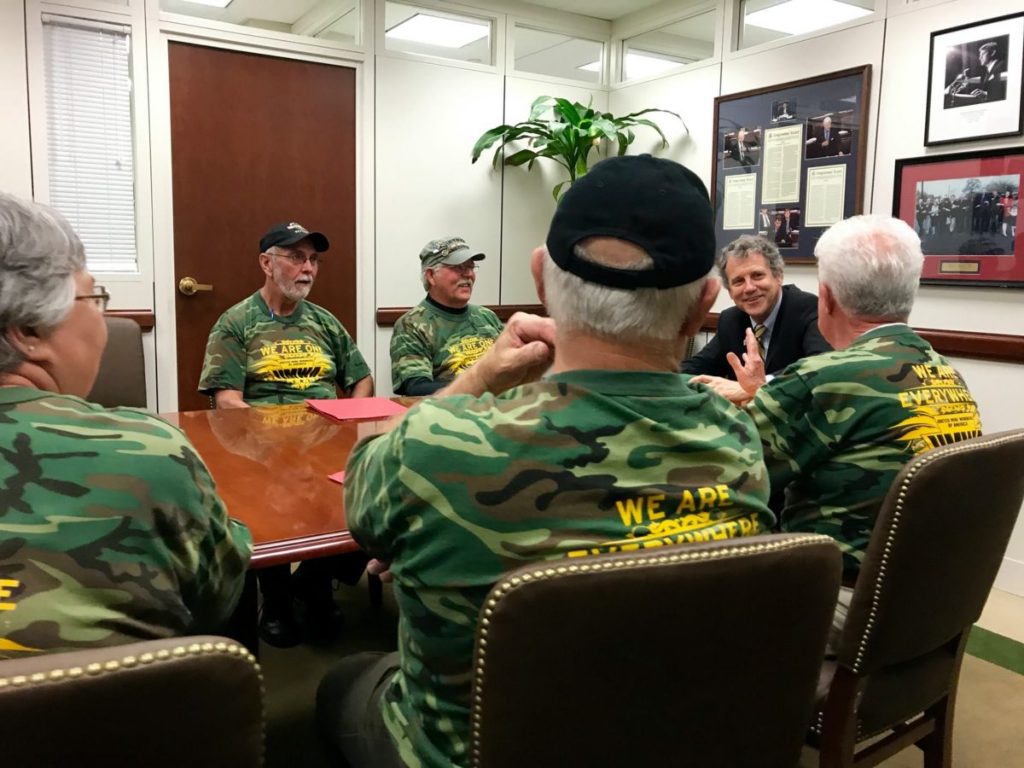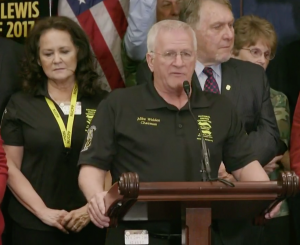UMW spokesperson Phil Smith said the situation is urgent, and that the union’s pension plan could become insolvent in less than five years if there’s a further downturn in the coal market.
“Any more bankruptcies in the coal industry would have significant effect on our plan,” he said. “It would essentially lead to all of the remaining employers who are making contributions to the plan to being let out of that obligation by a bankruptcy court.
With a deadline looming, some Democrats are threatening a government shutdown if a pension fix is not included in the end-of-the-year spending bill.






